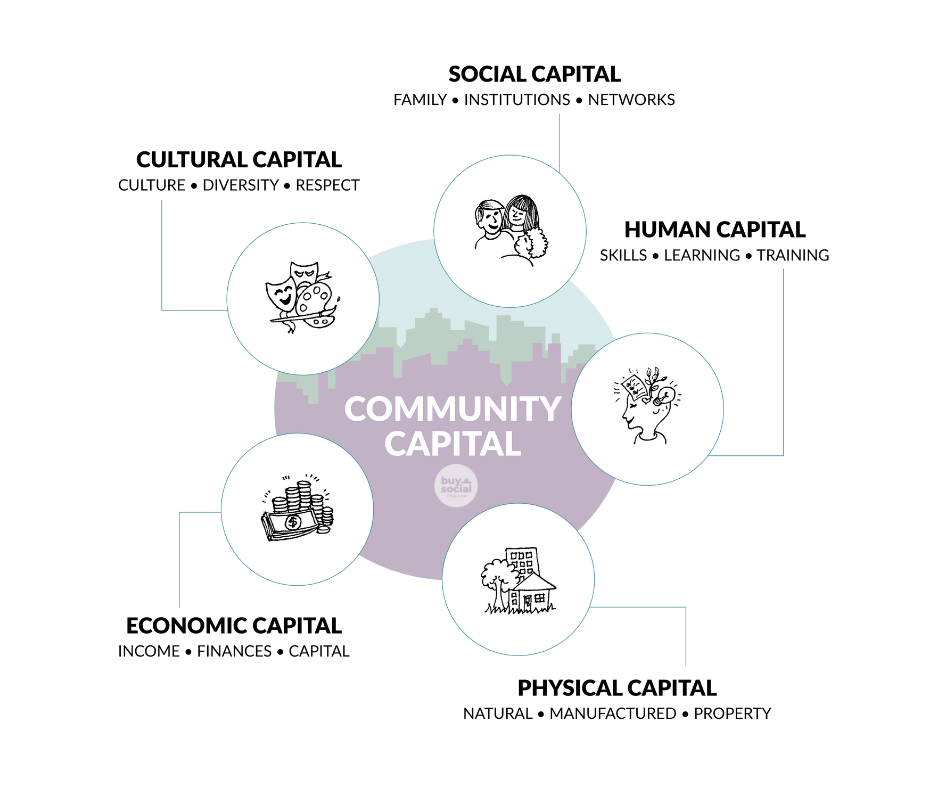Advocacy
Social enterprise and the marketplace revolution: A manifesto for the future
Jan 26th, 2022
Version Française ici.
By: David LePage, author of Marketplace Revolution
Business can be much more than merely a means of economic transaction. Business is the exchange of goods and services and with the right models and values in place it has the potential power to support the creation of healthy communities.
There is rising recognition that the resource extractive and financially focused capitalist business model of the last 300 years is at the root of increased income disparity, the expanding experiences of social exclusion and an earth-as-we-know-it ending environmental crisis.
Current ownership models remove responsibility from any day-to-day business operations and their consequences. Beyond economic profitability, large corporate ‘owners’ are not responsible or concerned for the social and environmental aftermath of their profits.
Surely, it must be time to change. Enter social enterprise as the business model of the future.
Social enterprise is a business model whose core purpose is to create a more equitable, inclusive, and just society. It will be a key pillar in the establishment of a social value marketplace: a marketplace that contributes to building community wealth, rather than extracting human and natural value to accumulate private economic profits.
The values of social enterprise are contained in its defining characteristics:
- Engages in the market as a business selling goods or services
- Embeds a social, cultural, or environmental purpose in its operations
- Invests the majority of any profits back into its community purpose
Yes, we need the marketplace where we can exchange goods and services. It is not the concept of a market that is the problem, it is the means and value of exchange in the market that create the difficulty.
Social enterprise strives to re-position the market in the framework of Indigenous traditions and values that are grounded in these lands, where the market was based on exchange of gifts. The mess we’re in now was created with the introduction of the colonizer’s economic principles of profit from stolen land, the extraction of resources, cheap labour, and environmental disregard.
Now is the time to re-establish the purpose of why and how we exchange goods and services. It can no longer be a market fixated on financial gain realized through underpaying employees or through resource extraction, while the government hands out subsidies for profit maximization, and we refuse to act on the environmental and social consequences of the current market model.
When community members own a business, they demand positive outcomes for the workers, the resources, and their relationships. Whether a non-profit, co-op, or hybrid community contribution company, the structure of a social enterprise serves to support the value proposition of community wealth building.

The future of business is social enterprise: the business model whose foundation is built on justice, equity and inclusion for employees, owners, customers, the environment, and community stakeholders. A business model that creates community capital: human, physical, cultural, economic, and social.
To continue learning about how we can support a shift to a value-driven marketplace that promotes vibrant and healthy communities, read David LePage’s book, Marketplace Revolution: From Concentrated Wealth to Community Capital.

